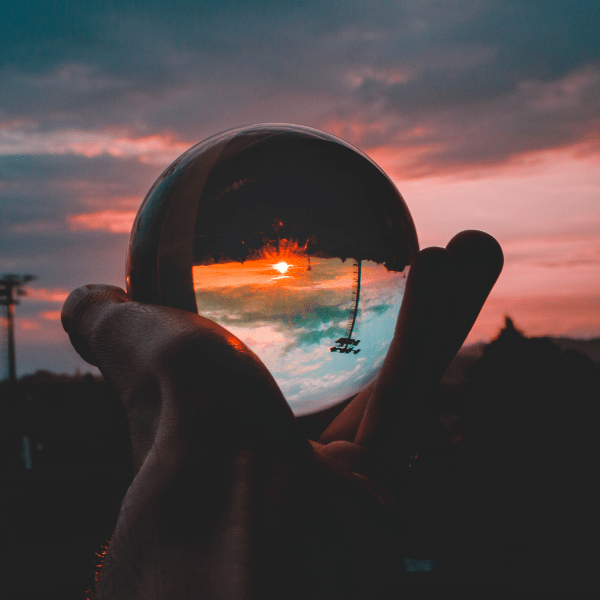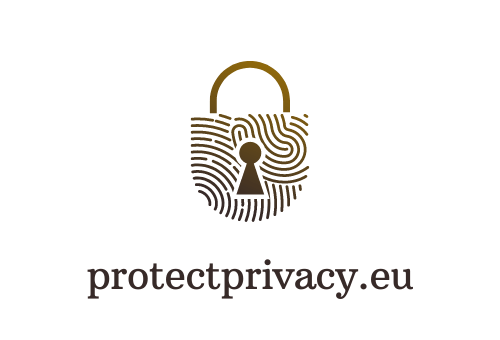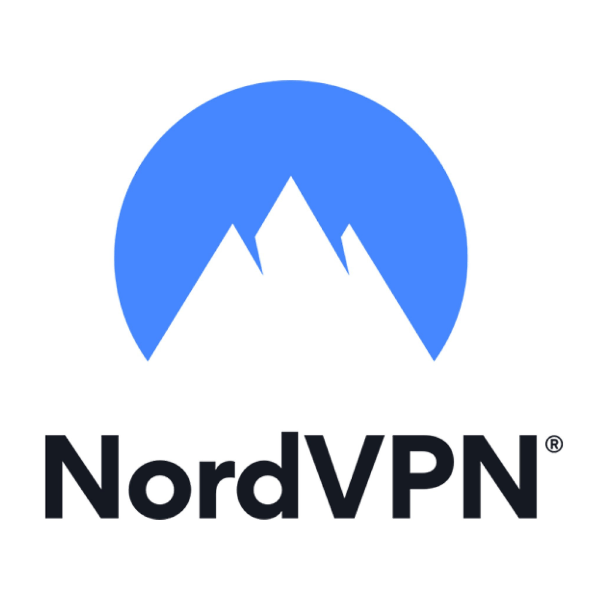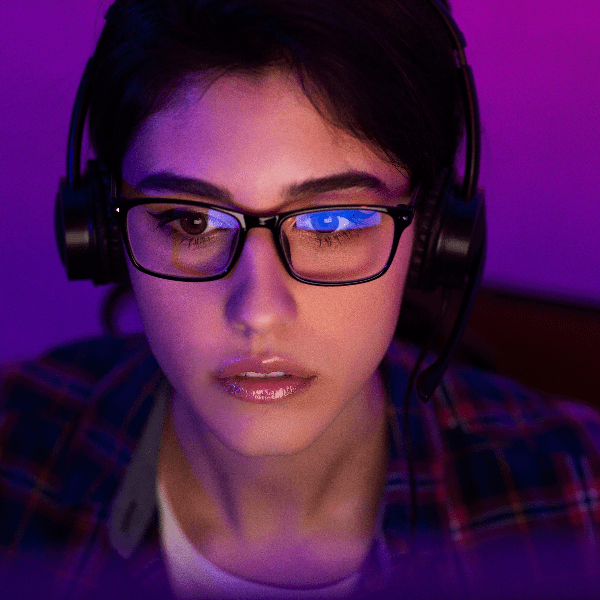The World Without Privacy: A Vision of a Transparent Dystopia

In a world where the concept of individual privacy is absent, our daily lives would drastically change. This hypothetical world might initially appear dystopian, but the reality may be more complex, filled with both positive and negative implications. Let us consider how society, technology, and human interaction would evolve in such a world.
Public Lives and Social Transparency
Without privacy, every aspect of our lives would be transparent. Personal experiences, thoughts, and feelings would be shared without filters. Social norms would have to adapt to this radical openness. While this could lead to a heightened sense of empathy, understanding, and shared human experience, it could also intensify social pressures and judgment.
In this public arena, our lives would become a continuous performance, monitored and evaluated by others. Social hierarchies might become more pronounced as individuals vie for popularity and approval, much like a hyper-charged version of today’s social media environment. However, this transparency might also foster authenticity and honesty, as pretenses and deceptive behavior would be easily detected and deterred.

Technological Implications
The technology landscape would be profoundly affected by the absence of privacy. Massive amounts of personal data would be available for use, leading to advancements in fields like AI, healthcare, and marketing. Machine learning algorithms could be trained on this data, leading to more accurate models and predictions about human behavior.
However, the risks associated with the misuse of data would be significantly amplified. Without the right to privacy, the concept of consent for data usage would be nonexistent. This could lead to manipulative practices, such as hyper-targeted advertising, predictive policing, and even more sophisticated forms of social engineering.
Governance and Law Enforcement
On the governance front, a world without privacy would enable complete surveillance. Authorities would have unfiltered access to personal information, activities, and conversations. This could theoretically lead to more effective law enforcement and reduced crime rates, but it could also give rise to power abuses and totalitarian regimes.

On the flip side, governments would also be subject to this total transparency, possibly leading to increased accountability, a reduction in corruption, and a greater sense of communal decision-making. The balance between these potential outcomes would largely depend on the integrity and fairness of the governing bodies.
Personal Relationships and Mental Health
The absence of privacy would deeply influence personal relationships. Secrets and hidden truths would be a thing of the past, and honesty would be the only way forward. This could lead to stronger bonds based on truth and understanding, but it could also strain relationships if individuals struggle to accept the unvarnished reality of others.

Regarding mental health, a lack of personal space and solitude could lead to psychological stress. The human mind often requires privacy for rest, introspection, and personal growth. In a world devoid of privacy, finding mental peace and maintaining individuality could become challenging endeavors.
Conclusion
In a world without privacy, we would gain a new level of interconnectedness and transparency but lose the sanctuary of personal space and solitude. The impact on society, technology, governance, and personal relationships would be profound, with both positive and negative implications.
While it is essential to discuss and explore such hypothetical scenarios, it is equally important to remember the value of privacy in our current society. It protects our individuality, offers mental respite, and acts as a safeguard against potential abuses of power. The challenge for future societies will be to strike a balance between the benefits of shared information and the preservation of personal privacy.








